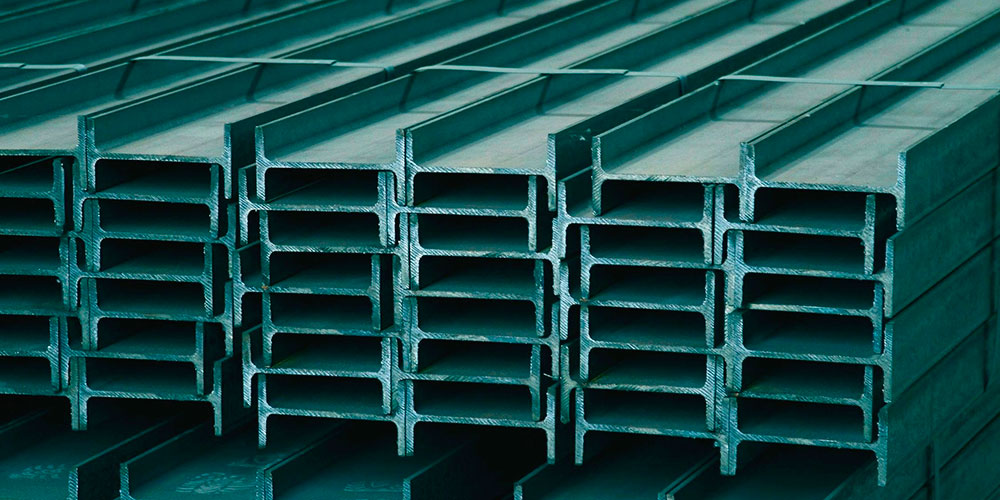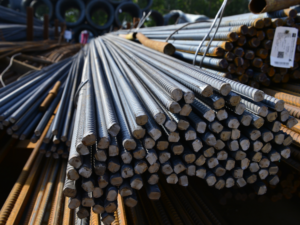Representatives of major German steel companies met with economy and technology minister Peter Altmaier this week to discuss how the implementation of the Steel Action Plan can be further advanced.
As part of the IPCEI (Important Projects of Common European Interests) Hydrogen initiative, the German government is supporting investment in climate-friendly steel production with up to €2 billion, or $2.4 billion (see Kallanish 28 May).
Now, the implementation of the measures described in the Steel Action Plan must be stepped up, demanded Hans Jürgen Kerkhoff, president of steel association WV Stahl. Additional instruments such as climate protection contracts and green lead markets are needed so that sustainable business models for green steel can emerge in Germany, he said.
For this purpose, a sufficient free allocation to mills of EU emissions allowances is necessary, and should not be replaced by a CO2 limit compensation, Kerkhoff continued.
Altmaier agreed with Kerkhoff in this respect. He plans to travel to Brussels with top representatives of German steel employers and trade unions to discuss the EU Commission’s position on a CO2 limit compensation. Jürgen Kerner, member of the executive board of union IG Metall, emphasised that IPCEI Hydrogen is an important programme that must be followed by others.
Meanwhile, the federation of steel scrap merchants, BDSV, has criticised Altmaier for a steel strategy that seems exclusively focused on hydrogen-based production.
BDSV underlines the traditional significance of scrap in efforts to achieve cleaner steel production. In a statement, it bemoans that scrap did not seem to play much of a role in the talks between the minister and mills.
Christian Koehl Germany






